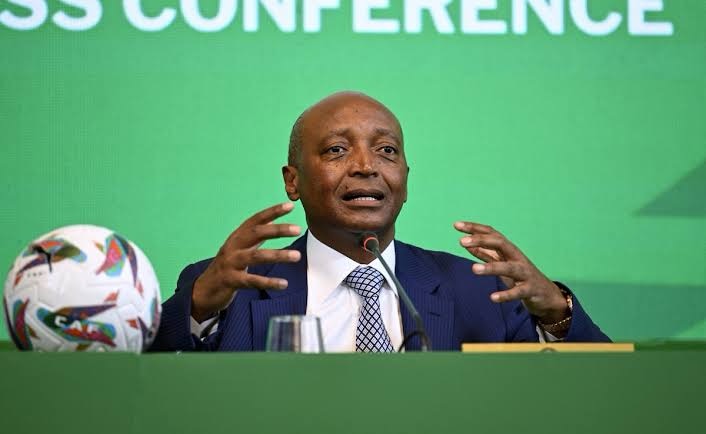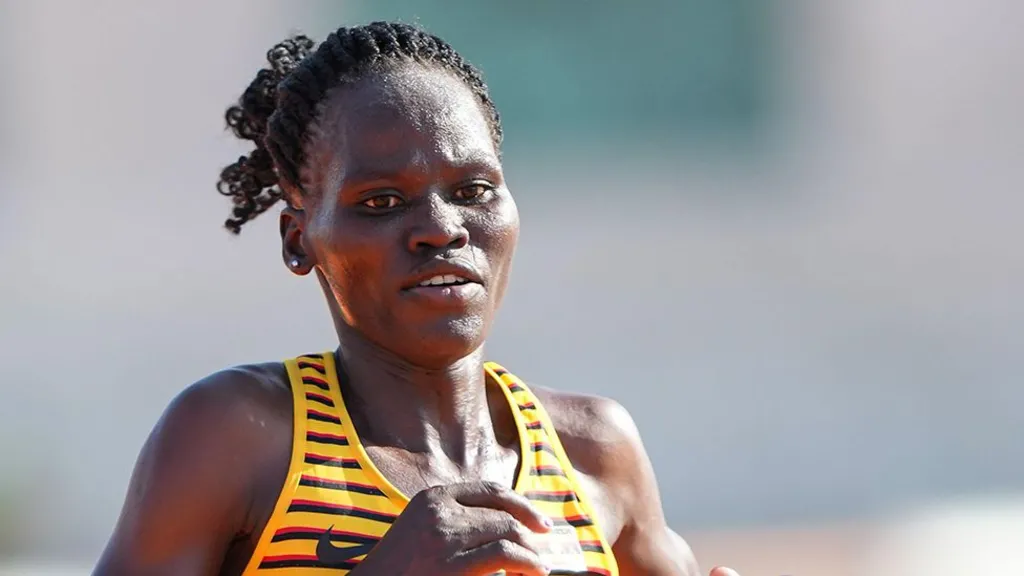Patrice Motsepe, president of the Confederation of African Football (CAF), affirmed on Monday that ongoing protests in Morocco, fueled in part by government investments in stadiums, will not alter the plans for the Africa Cup of Nations.
As Morocco constructs the world’s largest football stadium in preparation for co-hosting the 2030 Men’s World Cup, youth-led demonstrations have erupted this month across over a dozen cities.
“Morocco remains our plan A, plan B, and plan C,” Motsepe stated during a press conference after CAF’s annual general assembly, responding to questions about potential adjustments to the tournament’s hosting.
The protests, coordinated by the online group Gen Z 212—referencing Morocco’s dialing code—have featured chants like “Stadiums exist, but where are the hospitals?”
Calls for Better Opportunities
Demonstrators are expressing frustration over perceived shortages in job prospects and inadequate funding for healthcare and education. The movement has garnered widespread online backing, including endorsements from national team stars like Sofyan Amrabat and Yassine Bounou.
The North African nation is slated to host the Africa Cup of Nations, a four-week event beginning December 21 with 24 participating teams. When pressed on possible shifts in timing or venue, Motsepe reiterated CAF’s stance.
“We are fully assured that CAF will collaborate with the government and all Moroccans to stage the most outstanding Africa Cup of Nations ever,” he added.
CAF’s first vice president, Fouzi Lekjaa, serves as Morocco’s football federation head and a government financial advisor, contributing to the $5 billion allocation for World Cup infrastructure.
Morocco’s Stadium Developments
CAF chose Morocco two years ago to step in as host for the 2025 edition after Guinea withdrew. The tournament will utilize nine venues, such as the upgraded Grand Stade de Tanger (expanding to 75,000 seats) and the refurbished Prince Moulay Abdellah Stadium in Rabat (seating 70,000).
Additionally, Morocco is developing the 115,000-capacity Hassan II Stadium in Casablanca, aiming to secure the 2030 World Cup final. That expanded tournament, involving 48 teams, will commence with initial games in South America—Argentina, Paraguay, and Uruguay, the original 1930 host.
Source : CAF/myxyzonline





